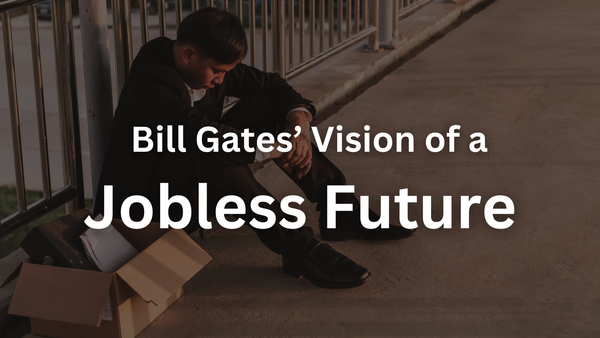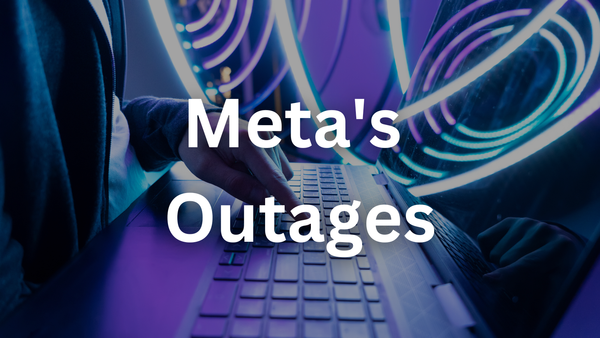AI in Peer Review

Introduction
The integrity of scientific research is under increasing scrutiny, and AI-driven tools are emerging as potential game-changers. A recent Nature article highlights two projects—The Black Spatula Project and YesNoError—that use AI to detect errors in research papers. These initiatives aim to prevent misleading claims from spreading by identifying mistakes in calculations, methodology, and references before publication.
But can AI truly improve research quality, or will it introduce new challenges?

The Rise of AI in Research Error Detection
The discussion around AI in scientific integrity gained momentum after a study on black plastic utensils exaggerated toxicity risks due to a mathematical miscalculation. AI models could have caught this error in seconds, prompting researchers to develop AI-powered tools to scan academic papers for similar issues.
🔹 The Black Spatula Project
- An open-source AI tool that has analyzed 500+ research papers for errors.
- The project, led by Joaquin Gulloso, involves eight developers and hundreds of volunteers.
- Errors are reported privately to authors before public disclosure.
🔹 YesNoError
- Founded by Matt Schlicht, this initiative uses cryptocurrency funding to scale AI-powered research scrutiny.
- Has already analyzed 37,000+ papers in two months.
- Unlike Black Spatula, YesNoError publicly flags papers with detected flaws, even before human verification.
Both projects advocate for journals and researchers to use AI tools before publishing, aiming to prevent errors and fraud from entering the scientific record.

AI as a First Step in Peer Review
One major challenge in academia is the slow peer review process. It often takes months for papers to be reviewed by human experts. Integrating AI as a preliminary review step could significantly improve efficiency and research quality.
How AI Could Add Value to Peer Review
✅ Faster Error Detection – AI could flag potential issues before papers reach human reviewers, saving time.
✅ Enhanced Accuracy – AI can catch subtle mathematical or methodological errors that humans might overlook.
✅ Better Transparency – An AI-generated reference report could be shared with both the researcher and human reviewers, ensuring a collaborative and non-intrusive process.
To avoid false positives, AI should not reject papers outright. Instead, it should act as a suggestion tool, providing reference reports that help both authors and reviewers make informed decisions.

Challenges & Ethical Concerns
1️⃣ False Positives: AI Getting It Wrong
- The Black Spatula Project has acknowledged that verifying AI-detected errors is a major bottleneck, as human experts are needed to confirm issues.
- YesNoError’s system has flagged many false positives, including typos and formatting inconsistencies.
- Nick Brown, a researcher in scientific integrity, found that 14 out of 40 flagged papers on YesNoError's website contained false positives.
2️⃣ Reputational Risks for Researchers
- Incorrectly accusing scientists of errors or misconduct could damage careers.
- Michèle Nuijten, a metascience expert, warns that AI claims must be verified before public exposure.
3️⃣ Potential for Bias & Misuse
- YesNoError’s reliance on cryptocurrency could lead to targeted scrutiny of politically sensitive research (e.g., climate science).
- AI must be carefully designed to avoid amplifying biases present in existing research evaluation systems.

The Road Ahead: AI + Human Collaboration
Despite concerns, AI-powered research verification holds huge potential:
✅ AI could triage papers for further review, making peer review more efficient.
✅ Large Language Models (LLMs) can detect complex errors across multiple disciplines.
✅ If false positives decrease, AI could become a trusted research integrity tool.
However, AI should be an assistive tool, not a replacement for human judgment. The best approach would be an AI-generated reference report that both the researcher and human reviewer can access. This ensures transparency while preventing unnecessary rejections based on AI-generated errors.
Your Opinions Matter!
1️⃣ Would you support AI as a first-layer review system in academic publishing? Why or why not?
2️⃣ What safeguards should be in place to prevent AI from falsely accusing researchers of errors?
3️⃣ How can we ensure AI remains unbiased when analyzing politically sensitive research?
Let me know your opinions, leave me a comment on X(former Twitter)🚀
Reference: Gibney, E. (2025, March 7). AI tools are spotting errors in research papers: Inside a growing movement. Nature News. https://www.nature.com/articles/d41586-025-00648-5




